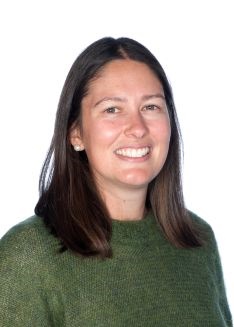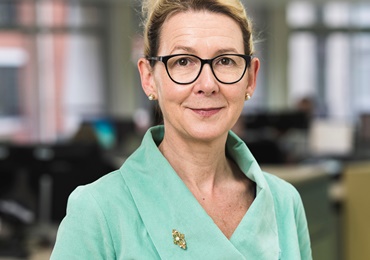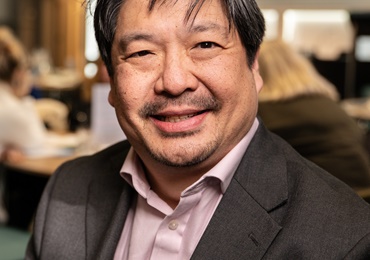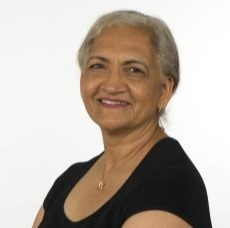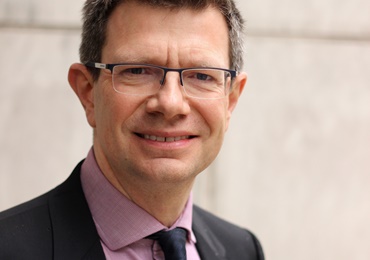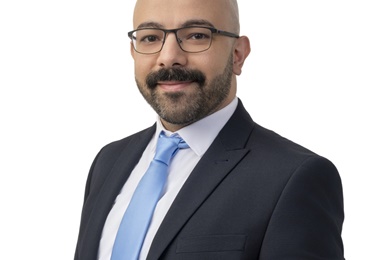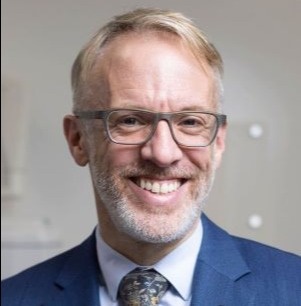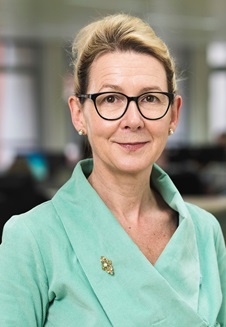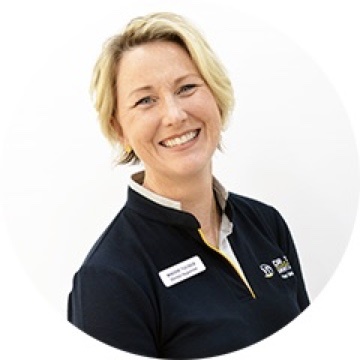Improving access to oral health and dental services for BAME communities

In our first guest blog in our series on racism and discrimination in dentistry, we hear from Dr Nilufar Ahmed, a Lecturer in Social Sciences at Bristol Dental School, on how these issues affect the oral health of different ethnic groups in the UK and how we can respond.
COVID-19 has raised some unsettling truths about stark inequalities across different ethnic groups in the UK. Some have argued the pandemic has exposed entrenched ethnic inequalities and we all have a responsibility to address the structural factors that limit access to healthcare and treatment.
What is known about BAME oral health?
Across the lifespan BAME communities experience health disadvantages that can impact their oral health outcomes. Minority children have higher levels of tooth decay, and Black and Bangladeshi children are more likely to be overweight or obese. Differing rates of health behaviours such as tobacco consumption and prevalence of conditions such as diabetes predispose certain communities to greater oral health risks.
Use of dental services varies across communities. Some minority groups are more likely to use dental services for symptom related appointments rather than regular check-ups. This suggests general public health messages about regular attendance are not reaching all communities.
Language may play a part, with people who do not have English literacy skills, but many BAME groups speak fluent English. Dietary habits differ across ethnic groups; some groups consume more sugar in the drinks but are less likely to indulge in sugary cakes and biscuits and vice versa. So recommendations need to be tailored. There is no one-message-fits-all option.
How is dentistry responding to a diverse population?
There remains a reluctance in dentistry to engage with BAME issues. A 2017 report on inequalities on dental health states “a child in Blackburn with Darwen council is four times more likely to have missing, decayed or filled teeth than one in South Gloucestershire council” without any reference to the fact Blackburn with Darwen has a BAME population of over 30% compared to 5% in South Gloucestershire .
Dental education and training do not engage in detail with understanding diversity and the personal and social factors framing patient’s lives, despite this being the greatest predictor in health choices. This often results in those who are most in need of oral health advice, least likely to get it.
Being unaware of social factors can create awkwardness for well-meaning practitioners keen to avoid offending patients. It is easy to make judgements based on stereotypes and unconscious biases about how much information the patient will understand and apply.
How can we create a safe space for BAME communities?
By adhering to the GDC standards which foreground patient-centred care we can reduce inequalities in access for all patients. Effective communication is crucial to treatment. Using active listening skills to make the patient feel heard, allowing the patient to ask questions, and showing empathy will guide the dentist on the patient’s concerns and priorities, and this will help to build a mutually trusting relationship.
We can make dental spaces more inclusive by using images of people of different ethnicities. There may be existing resources being made available from within communities, such as videos by Sikh dentists which deliver information in Punjabi and English that patients can be guided to.
Moving forward
With the elevated risk of COVID-19 for BAME groups and recognition of racial disparities, we can learn more about our own unconscious bias and educate ourselves on antiracism. Building trust and minimising patient risk is incumbent upon all dental professionals. With effective and open communication, informing BAME patients we recognise the greater risks they face, and inviting all patients to share their concerns, dental professionals can learn more about the communities they serve and play a key role in the fight against inequalities.
About the author:
Dr Nilufar Ahmed is a Lecturer in Social Sciences at Bristol Dental School, University of Bristol. She has an interest in mental health and is committed to understanding and addressing health and social inequalities.
 eGDC
eGDC